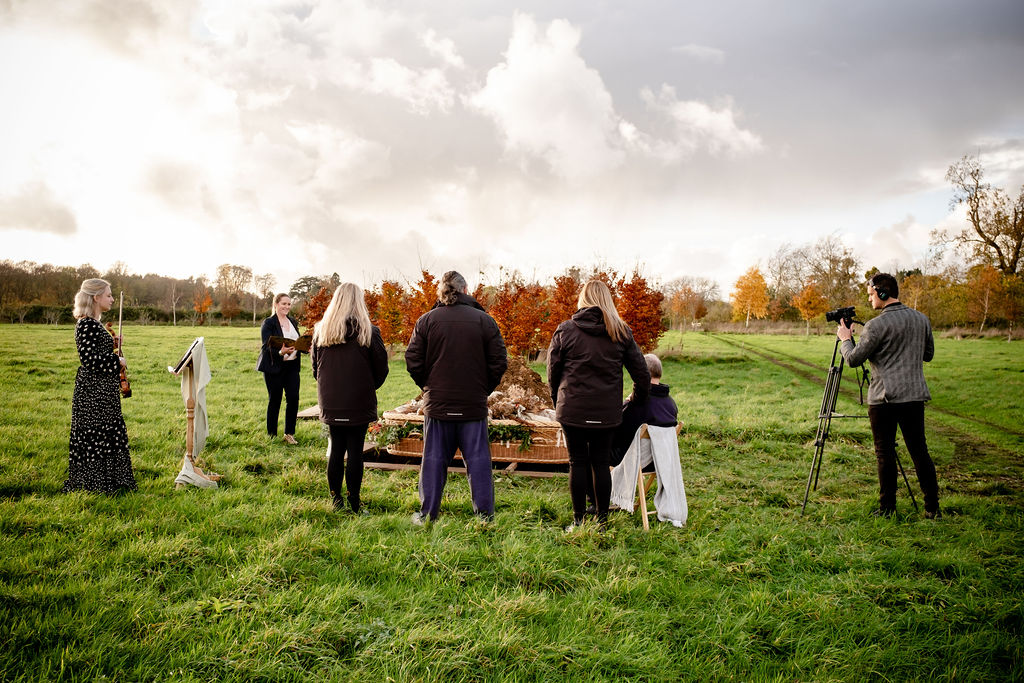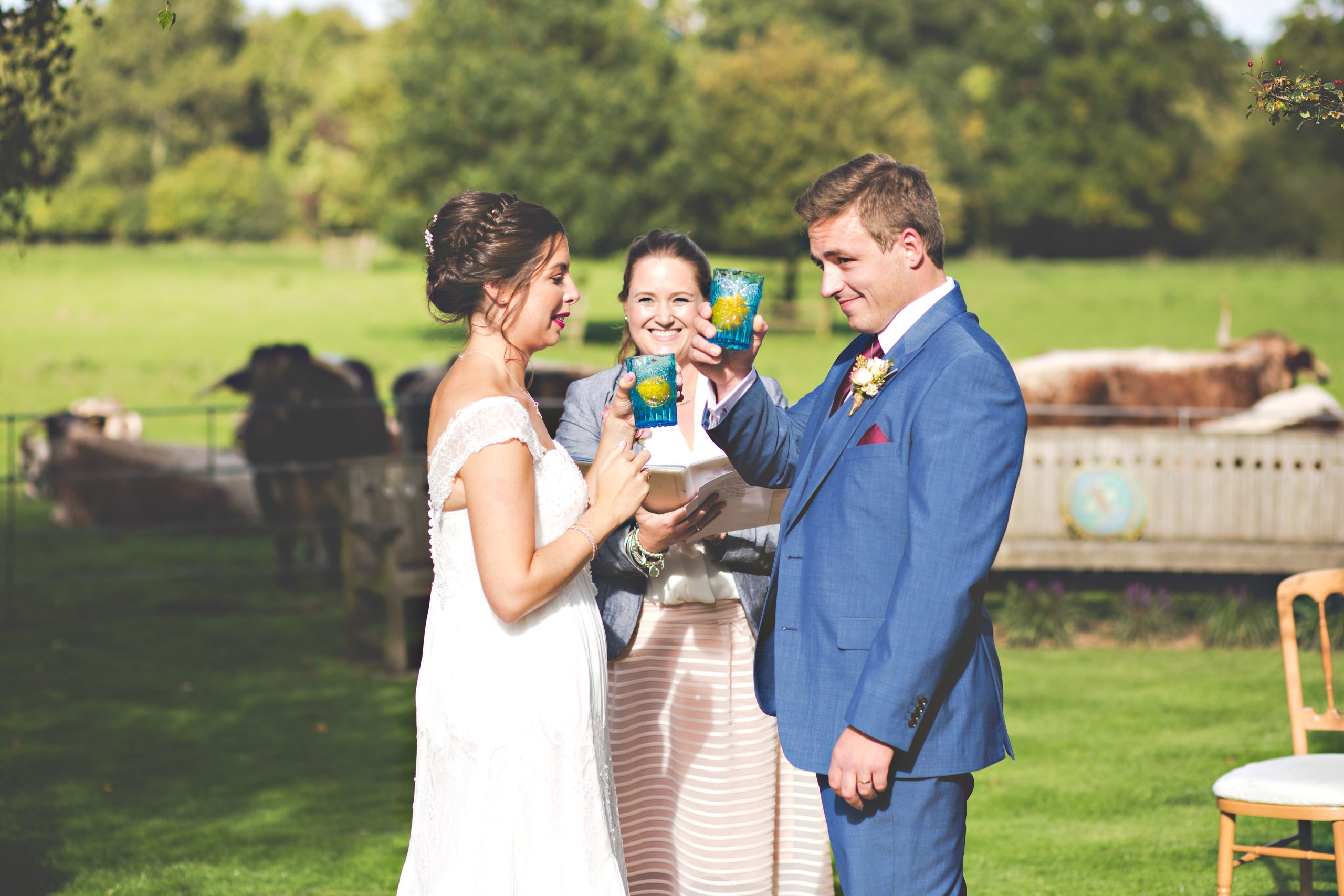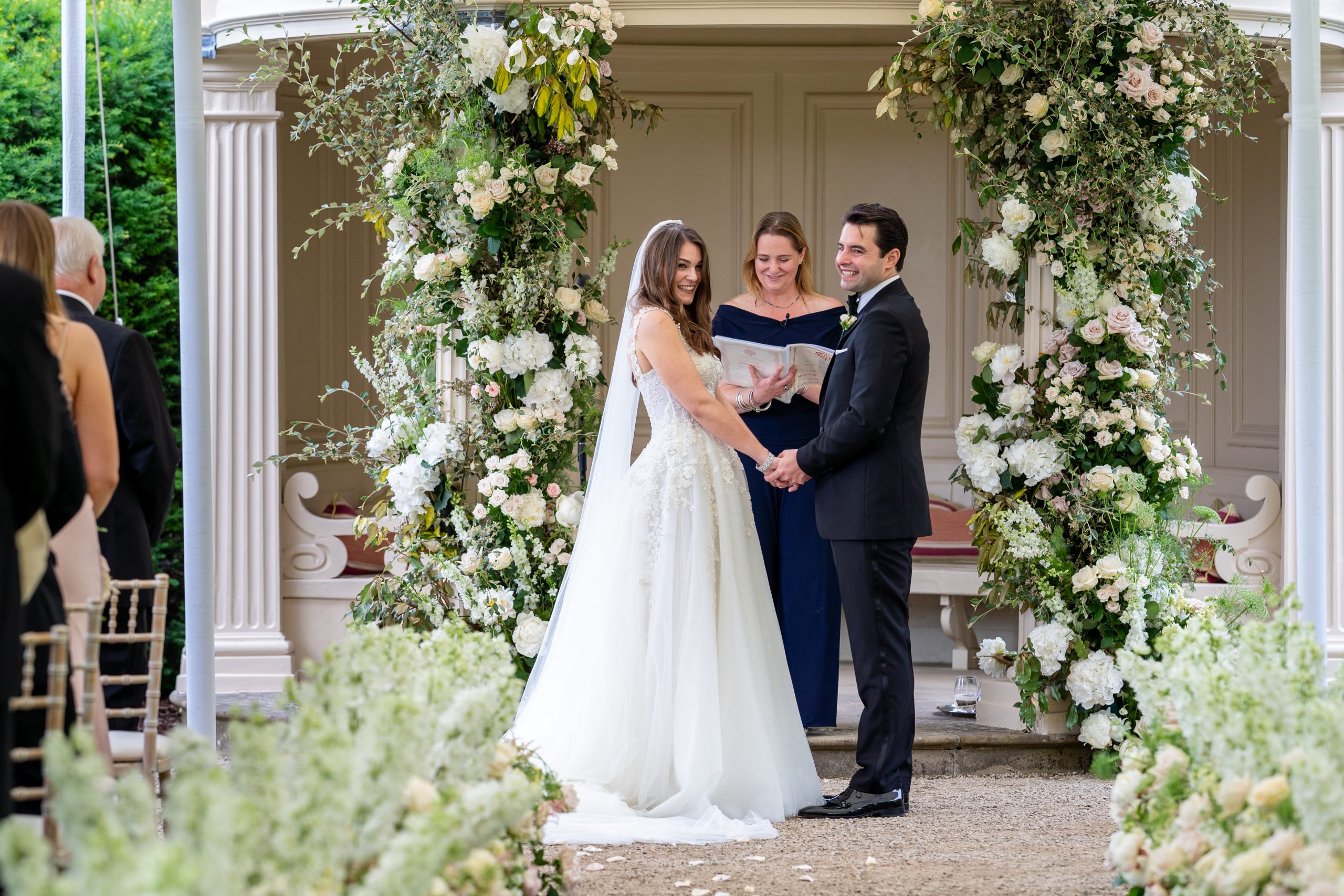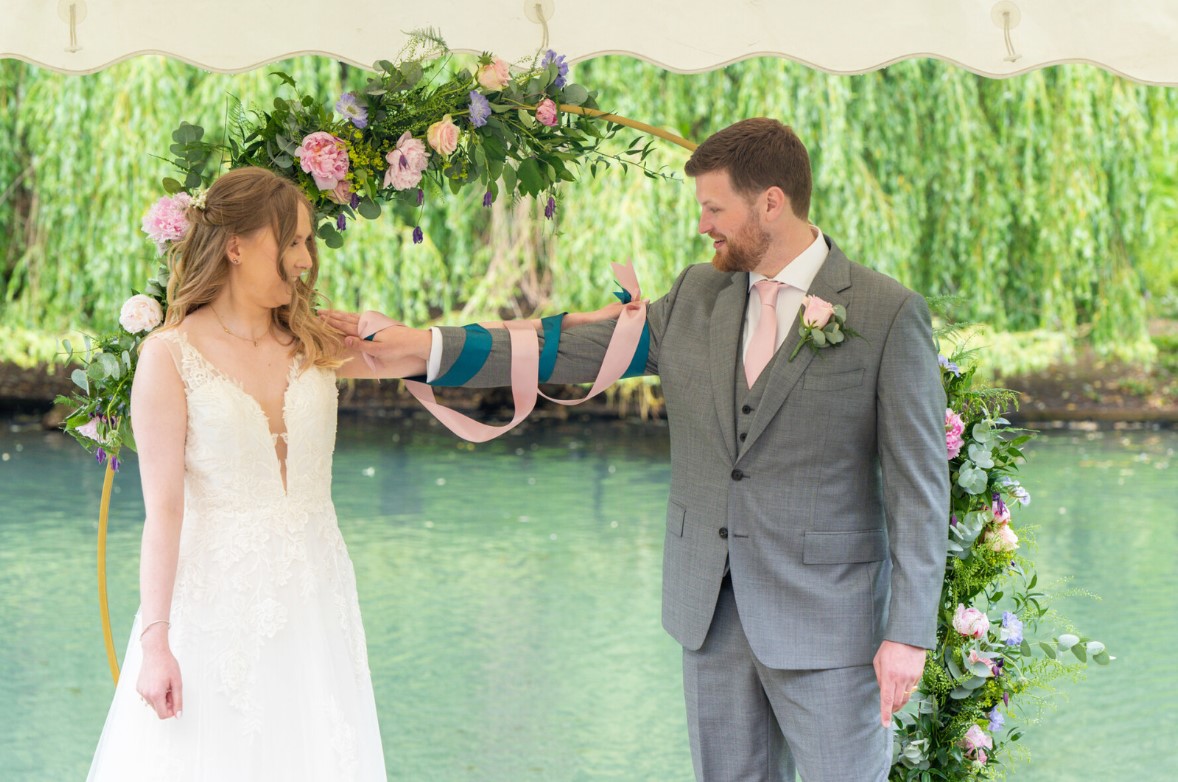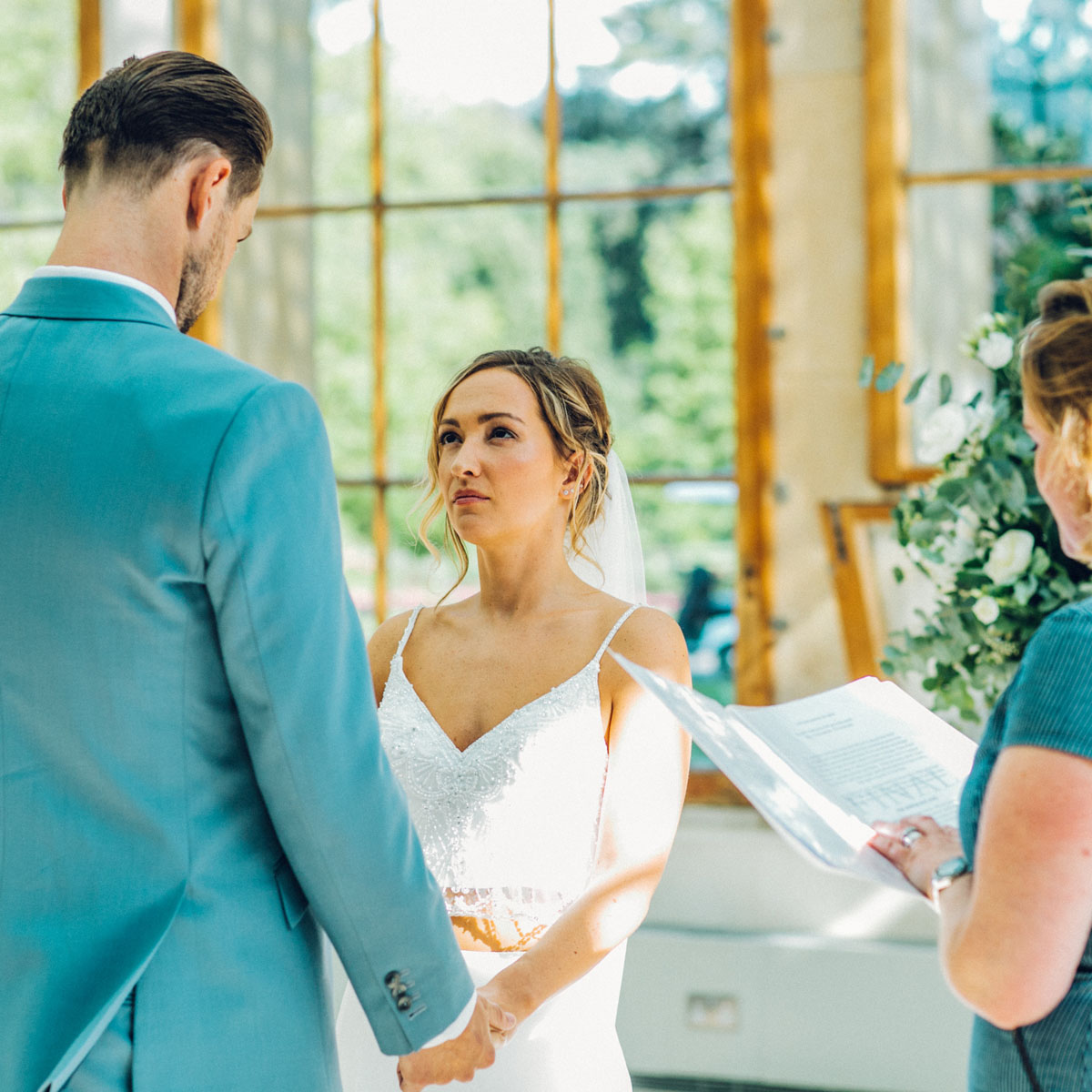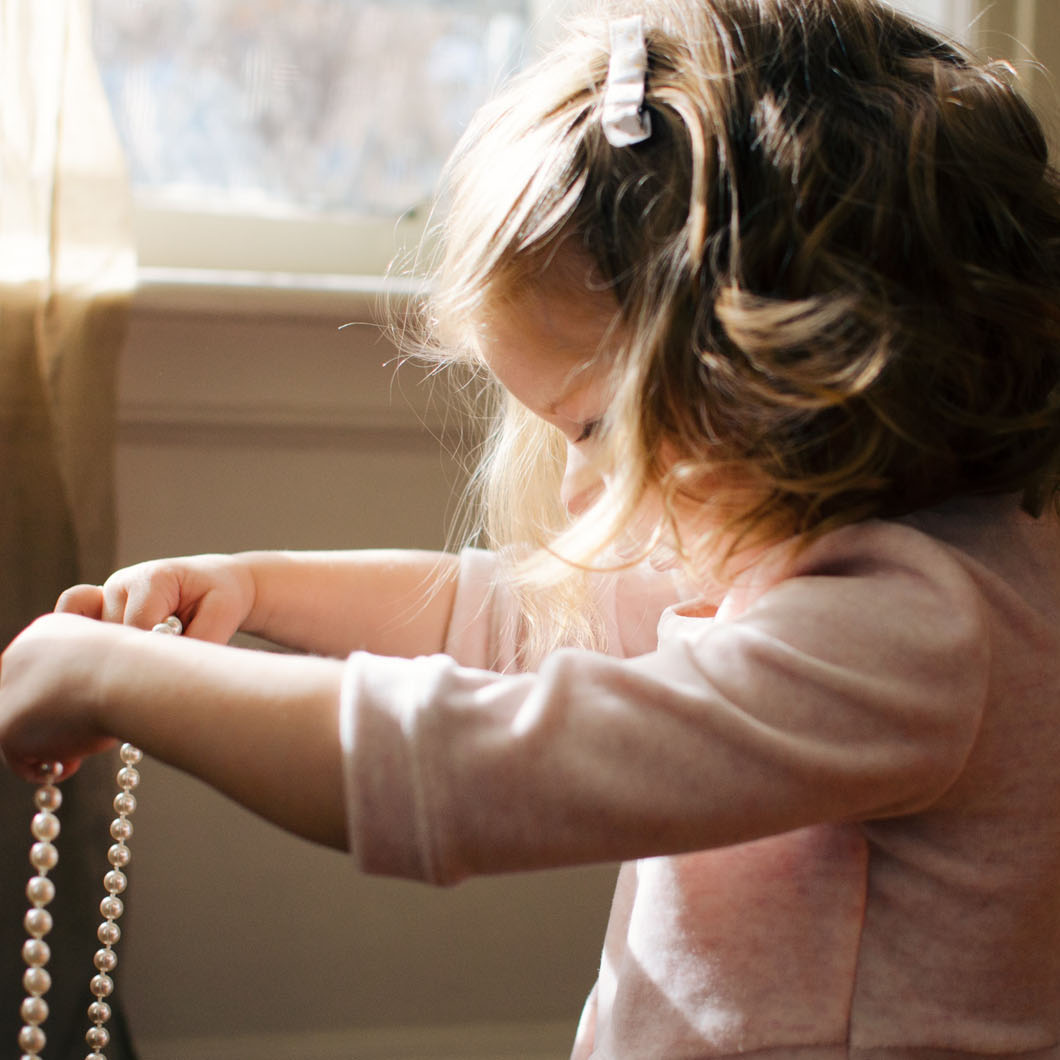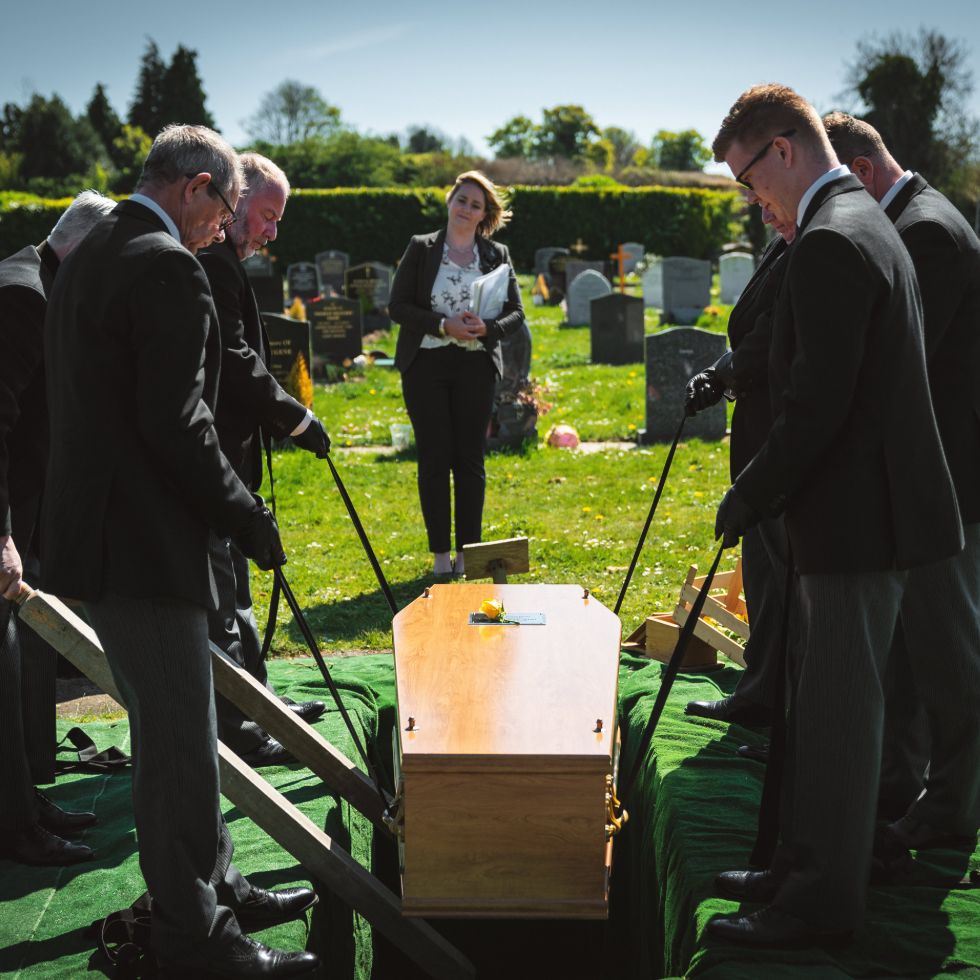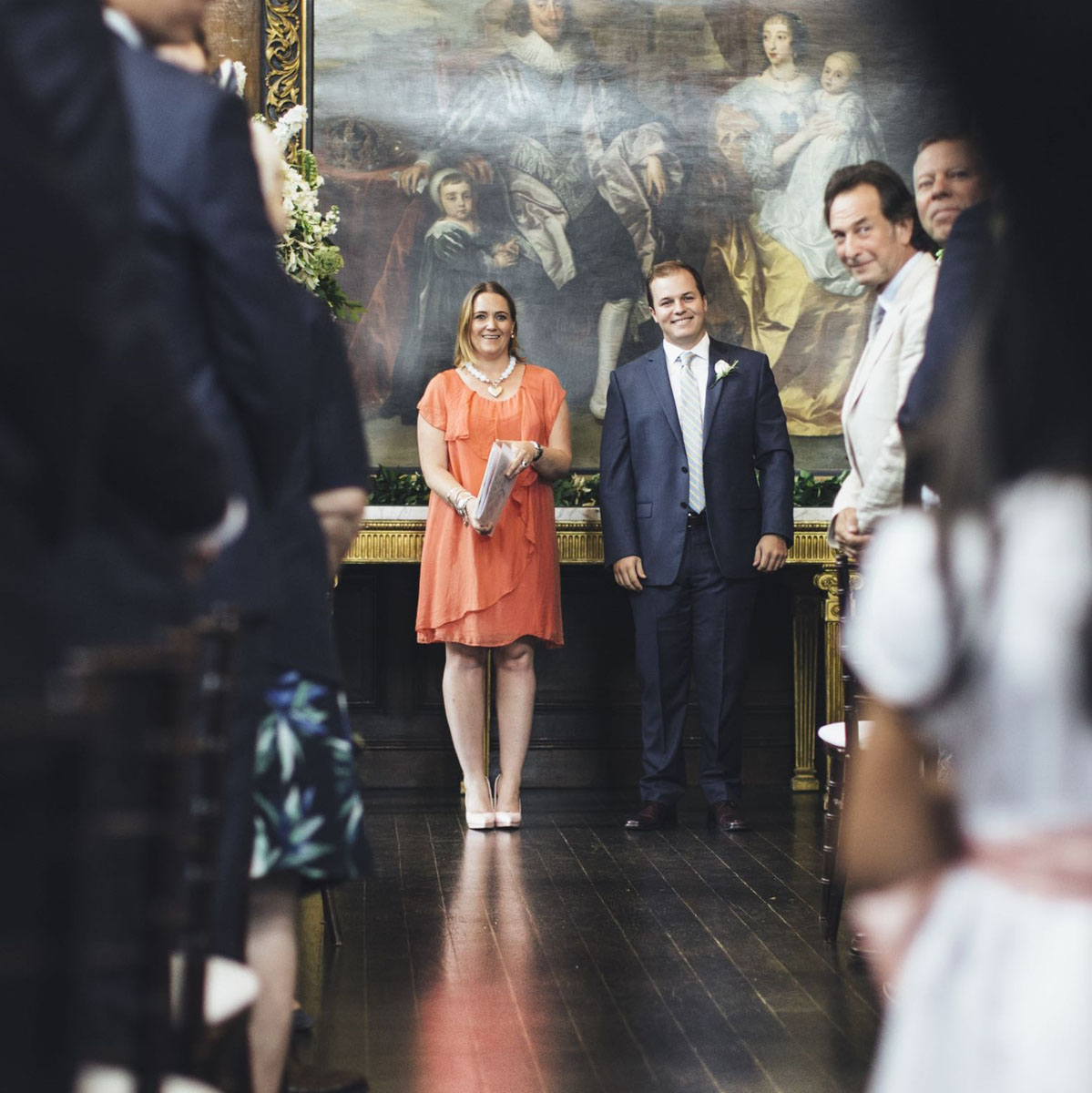Divorcing us from Death?
or
Lifestyle choice beyond the grave.
It’s been a horrid 18 months. Rule of 6, then rule of 30, then doors open with having had everything in between and so much uncertainty. Live streaming, no visits, and saying goodbye only down the phone or grabbing a wave as the ambulance takes them. I hope we never have to go through this again, so as doors open once more and choice can come back into our lives, as well as values and connection – here are some things you really should know.
Have a read. Have a think, and whilst it may not be a Sunday lunch conversation, I think perhaps you do need to make it a tea and biscuits one at least.

There are 3 stages to this conversation – Being ‘Dead’. Being ‘bid farewell and Bon voyage’ and then being ‘laid to rest’
I’m actually about to launch a platform that is all about this, but I don’t think it can wait!
So lets dive in!
Dead
I have experience with clients that have had non assisted suicide in the family, clients that were booked into Dignities which is assisted suicide, clients that have had to deal with a sudden death, or child illness, or an accident or dementia. The list goes on. There are so many ways to die and it can happen anytime. That’s what usually makes people feel sick to their stomach. So lets help take away some of that trauma – and OPEN the conversation. De mystifying some of the process will give you some control.

Bid Farewell and Bon Voyage
Have you ever thought about the way in which you treat your body is actually SHOWING and telling us how you want us to treat it when it’s dead???
Goodness!
Chuck it in the skip? Wrap you up in fish and chip newspaper and call it names?? Do you pump drugs into it and pop pills and toxins in it without a thought in the world, so being embalmed doesn’t phase you AT ALL,..
OR
perhaps you realise it’s amazing awesomeness and are absolutely happy for it to bring a new life to others by being a donor – either for medical research or for transplants. You might know how much of ‘you’ your body is and realise family might want to sit and be with you for a while in the chapel of rest?
You might be really healthy, eat organic, try to recycle and are environmentally aware and minded, or you try to only use herbal medicines so a natural burial with out being embalmed is of course what your thinking .. right??
IF so – write it down and tell someone!

Here are some of the choices open to you
Direct cremations – what you need to know
Direct cremations tend to be first thing in the morning, ahead of the booked service slots –This as at the industry’s preference
The deceased’s remains are then available for collection from the Crematorium or the Funeral director you engaged a few days later.
The vessel in which they are collected in is a standard one. It tends to be quite subtle and plain.
You hand over total control to the Funeral director essentially. This can either be seen as a relief as you don’t have to make any decisions at all AND it’s the cheapest or you can see it as surrendering ALL your choice, options, style and personal touches.

Pandemic aside..
COST might be your reason for a Direct Cremation. These are the cheapest. You pay for the basic legal costs of disposing of body by doing a direct Cremation and the relevant paper work. They may not get embalmed, as there will be no viewing as this can potentially put cost up.
It is still dignified but the ‘choice’ of any extra’s is what you forfeit. By having this option, you hand over all decisions. If it is a pre paid packaged, then you get the basic. So the basic coffin, the time slot the FD and the crematorium decide, and no viewing or visits, and no one at all attending the actual cremation other than staff
Lack of CHOICE
It might be the lack of choice worries you, so it’s not to say you can’t upgrade, but you then start getting into blurry lines so defiantly worth a conversation with your local funeral directors. You might think it’s just about cost, but then you start to think about other choices that you are not willing to give up – like visiting them in the chapel of rest to say a final farewell?
So perhaps COST isn’t your strongest Value?
On the other hand, it might be you want to absolutely separate the two. They might see their loved one’s body as a shell, and believe it to be ‘just packaging’ of their loved one, so a DC will serve this purpose. It might of course be that the family politics are such that you don’t actually want everyone in the room together – so you choose a direct cremation, and then people can choose to do their own thing to mark the passing and loss of a loved one. Or it might be that they died miles away and you don’t want them carted around the country, so perhaps the most peaceful thing to do IS to have a direct Crem closest to where they died, then get them brought ‘home’ for a ceremony.
BUT .. by having a DC you can not care for the body. It might be you wanted to brush their hair or put them in their own clothes, or go visit. If you do, then you might want to have a think again about the order you do things in.
Laid to Rest
The third stage. If you have a direct cremation or if you have had a full funeral service at the crematorium, you still have to do something with the ashes if you want to give them a dignified place to be at rest.
The ‘remains’ will be ready for collection about a week later – on average. But then what? So many people just don’t collect their loved ones! Thousands of Ashes are sitting on shelves in funeral parlous across the country. IF you don’t collect them, it’s the funeral directors discretion as to how or if they store them. The ‘done’ thing is the last day of the month, all unclaimed ashes get scattered in the garden of remembrance at the FD’s local crem. Unmarked.


Ceremony
Dying behind closed doors, being ‘disposed of’ behind closed doors, and then not having anything to mark their life, IS divorcing us from death.
We have a ceremony to bear witness to the life lived and the love felt.
However you choose or deal with death and the body, can come down to logistics, politics and price, but how you ceremoniously say thank you and goodbye and I love you – is something that I don’t ever think we should lose.



